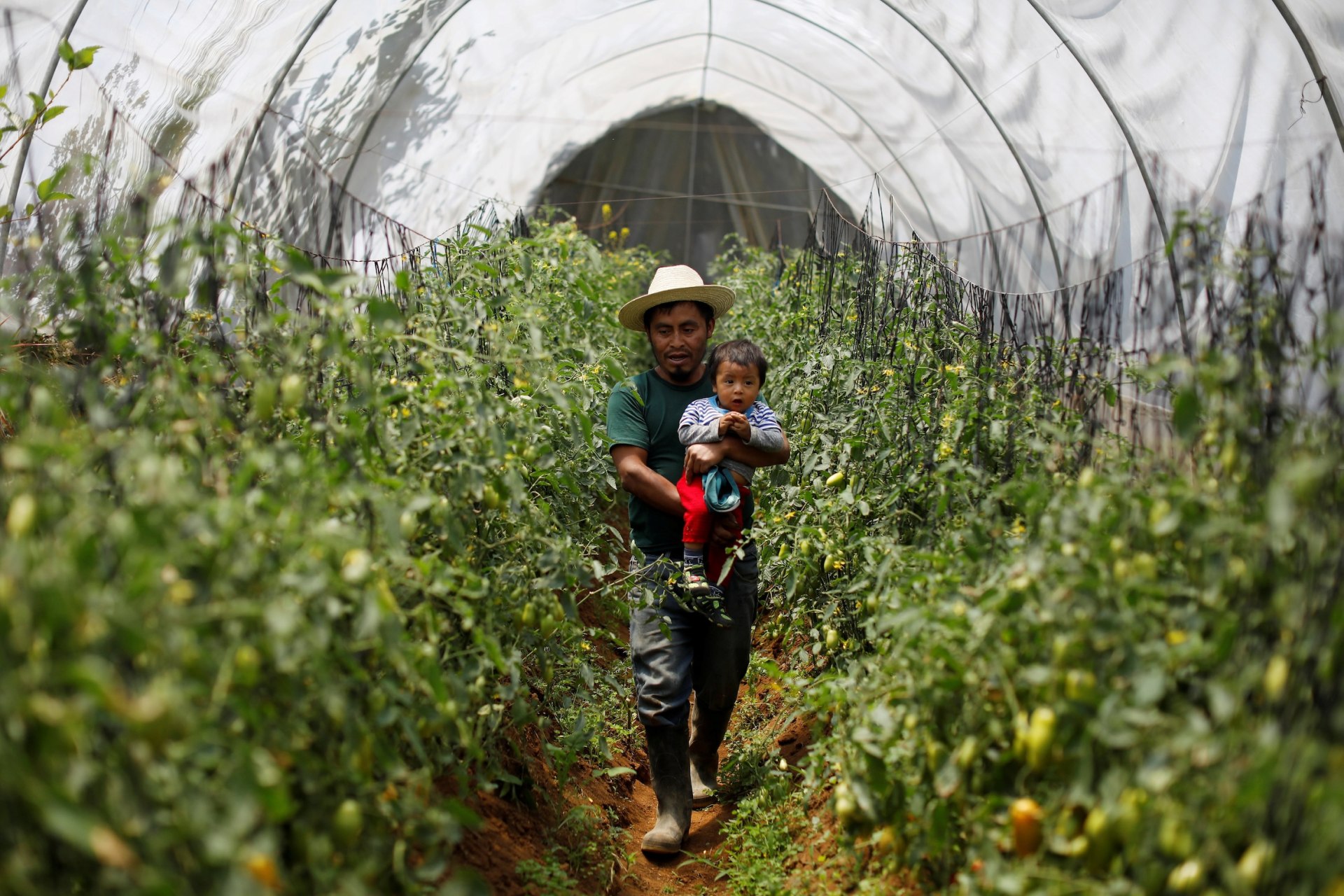The President’s Inbox Recap: Combating Global Poverty
Economic development work is aimed at long-term change in the world’s poorest countries.

Jim recently sat down with Kate Schecter, president and CEO of World Neighbors, an international development organization. They discussed trends in global economic development this year and how to alleviate international poverty.
Here are four highlights from the conversation:
1.) Conflict and climate change can shape international development in low-income nations. Two major wars in Europe and the Middle East threaten development progress in low-income countries. The war in Ukraine and the subsequent drop in Russian and Ukrainian grain, fertilizer, and oil exports pushed food and energy costs higher around the world. Low-income countries are also increasingly at risk of extreme weather events driven by climate change. Kate noted extreme weather events like hurricanes stress test countries’ resilience.
2.) Emergency relief work and development work should not be conflated. Development work, like that World Neighbors does, focuses on long-term transformation rather than on addressing immediate crises. Relief work, on the other hand, can be thought of similarly to emergency “humanitarian aid.” Relief work is “about saving lives during a very, very urgent kind of crisis,” Kate said.
3.) Governments and nongovernmental organizations are increasingly taking a more holistic approach to international aid. Kate described the relationship between organizations like World Neighbors and other aid organizations as “symbiotic.” She noted an increasing push for comprehensive impact stemming from that relationship. Efforts to improve a nation’s water supply should not only focus on improving water systems but also on bettering interconnected industries like energy systems. “If you’re only focused on healthcare and you’re not focused on food security, again, you’re not going to get anywhere,” Kate argued. “There’s more and more of an awareness that you have to really look at it from a holistic point of view.”
4.) Fostering economic development should go hand in hand with allowing communities to have agency in decision-making. Kate said that mutual respect comes from acknowledging the role of the broader decolonization movement. “It’s not just about localization,” she argued. “It’s also about decolonization.” She added, “If we’re talking about creating capacity on the ground, we have to really step back and we have to acknowledge when we have gone into a country primarily to get natural resources channeled to us.”
If you’re looking to find more information about sustainable development, check out Clara Fong and Diana Roy’s backgrounder for CFR.org on development efforts by the United Nations.